After he won the 2016 election, Donald Trump surrounded himself with strong, decorated military officers who had fought wars and earned the right to have stars on their shoulders.
In January 2017, at a luncheon with congressional leaders immediately following his inauguration, Trump gave a shoutout to the military leaders he put in his Cabinet -- specifically, John Kelly and James Mattis, both retired four-star Marine generals.
He called them "my generals" and declared: "These are central casting. If I'm doing a movie, I'd pick you generals." He boasted to the congressional leaders the men "are going to keep us so safe."

Donald Trump speaks to supporters during a campaign event at Saginaw Valley State University, Oct. 3, 2024, in Saginaw, Mich.
Scott Olson/Getty Images
Trump soon found the retired military officers he appointed were not really his generals, after all; they had each sworn an oath to protect the Constitution -- they had not sworn allegiance to Trump.
Those generals had taken the extraordinary, although not unprecedented, step to serve as political appointees. They would later take a much more extraordinary step -- emerging as the strident critics of the president they once served, warning that he poses a threat to the country and the Constitution they had sworn to defend against all enemies, foreign and domestic.

In this May 1, 2018 file photo, President Donald Trump shakes hands with U.S. Army Chief of Staff Mark Milley during a Rose Garden event, May 1, 2018, at the White House in Washington.
Alex Wong/Getty Images, FILE
It's hard to imagine a harsher condemnation of a president than the words we have recently heard from the military officers who served Trump. Mark Milley, who was appointed by Trump to be the nation's highest ranking military officer as chairman of the Joint Chiefs of Staff, called him "fascist to the core" and "the most dangerous person to this country" in comments to journalist Bob Woodward.

In this July 31, 2017 file photo, President Donald Trump talks with White House Chief of Staff John Kelly after he was privately sworn in during a ceremony in the Oval Office in Washington.
Evan Vucci/AP, FILE
John Kelly, who served Trump as both secretary of homeland security and then White House chief of staff, has now told the New York Times that Trump "falls into the general definition of fascist" after he suggested using the military to go after his political opponents -- calling them "the enemy from within." That came after his confirming to CNN last year that he had told The Atlantic in 2020 Trump called American heroes who died in battle "suckers" and "losers."
Not to mention Kelly telling the Times Trump had spoken positively about Adolf Hitler.
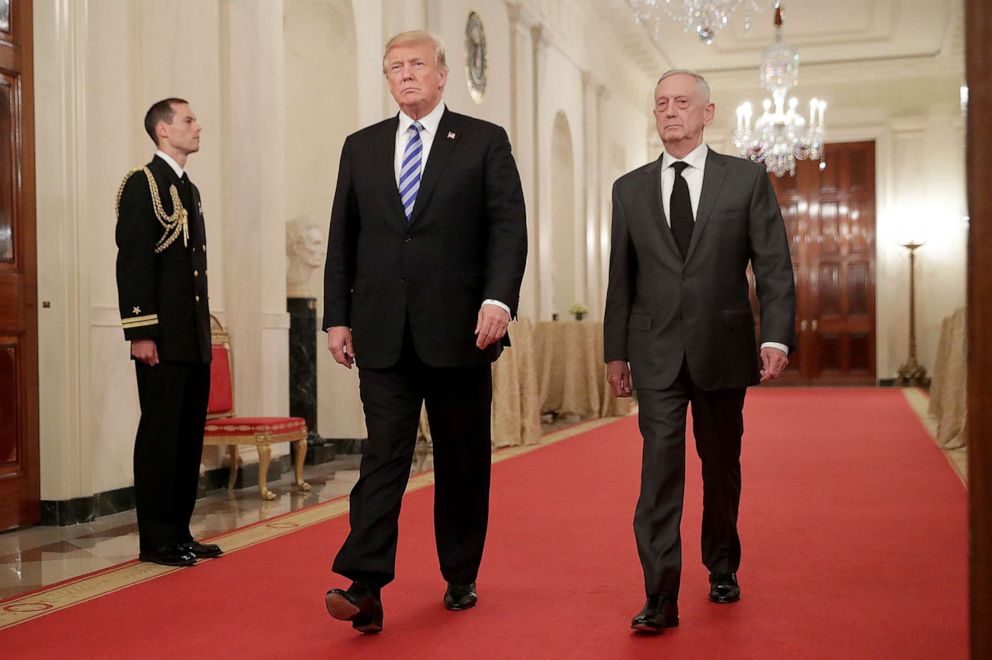
In this Oct. 25, 2018 file photo, President Donald Trump and Defense Secretary James Mattis arrive for an event commemorating the 35th anniversary of attack on the Beirut Barracks in the East Room of the White House, in Washington.
Chip Somodevilla/Getty Images, FILE
Three years earlier, it was James Mattis who offered a damning assessment of the president he had served for two years as defense secretary. "Donald Trump is the first president in my lifetime who does not try to unite the American people -- does not even pretend to try, Mattis wrote in June 2020. "Instead, he tries to divide us." Mattis said Trump had made "a mockery of the Constitution."
Back in 2020, Trump responded to Mattis, calling him "the world's most overrated general." Last September, Trump accused Milley of treason, posting on his social media platform, "in times gone by, the punishment would have been DEATH!” And on Wednesday, Trump's campaign said Kelly had "beclowned himself" and "currently suffers from a debilitating case of Trump Derangement Syndrome."
The former generals' searing assessments would be alarming coming from anybody, but they are especially extraordinary coming from retired four-star officers who had spent their entire adult lives serving in the military and living by the creed that the military stays out of politics.
I have spoken privately to retired military officers – peers of Mattis, Milley and Kelly – about retired four-star officers making such politically charged assessments of a former president and a current presidential candidate. They share many of the concerns about Trump but worry about the military leadership, even retired leadership, appearing to take political sides. That's private criticism. And, I suspect, it's a concern Mattis, Milley and Kelly all share. It's probably why they waited so long to say publicly what they have said.

Republican presidential nominee former President Donald Trump arrives for a campaign rally at the Gaylord Rockies Resort & Convention Center, Oct. 11, 2024, in Aurora, Colo.
Alex Brandon/AP
The criticism from outside the military world is far more public. Kelly, in particular, is now facing criticism from those who say he should have spoken out earlier. Why did he wait so long to tell the world about the threat posed by Trump? Mattis and Milley have faced such criticism, too. If they think Trump poses such a threat to America, why are they not taking a more public stance, critics ask? Why are they not joining the campaign against him?
Perhaps all of them should take a more public stance. Perhaps they should be giving speeches around the country about the behavior they witnessed when Trump was in the Oval Office and their concern about what he is saying now.
Maybe they should be spending these final days before Election Day doing interviews on cable television.
But without doing any of that, the words of the men Trump called "my generals" are now at the center of this most consequential and hotly contested presidential election. They have all served their country. They all still firmly believe the military needs to stay out of politics. Their reluctance to speak, the economy of their words and the fact they have all spoken reluctantly and deliberately, makes those words all the more powerful.
Jonathan Karl, who covered the White House during the Trump years, is ABC News Chief Washington Correspondent.

 4 settimane fa
10
4 settimane fa
10


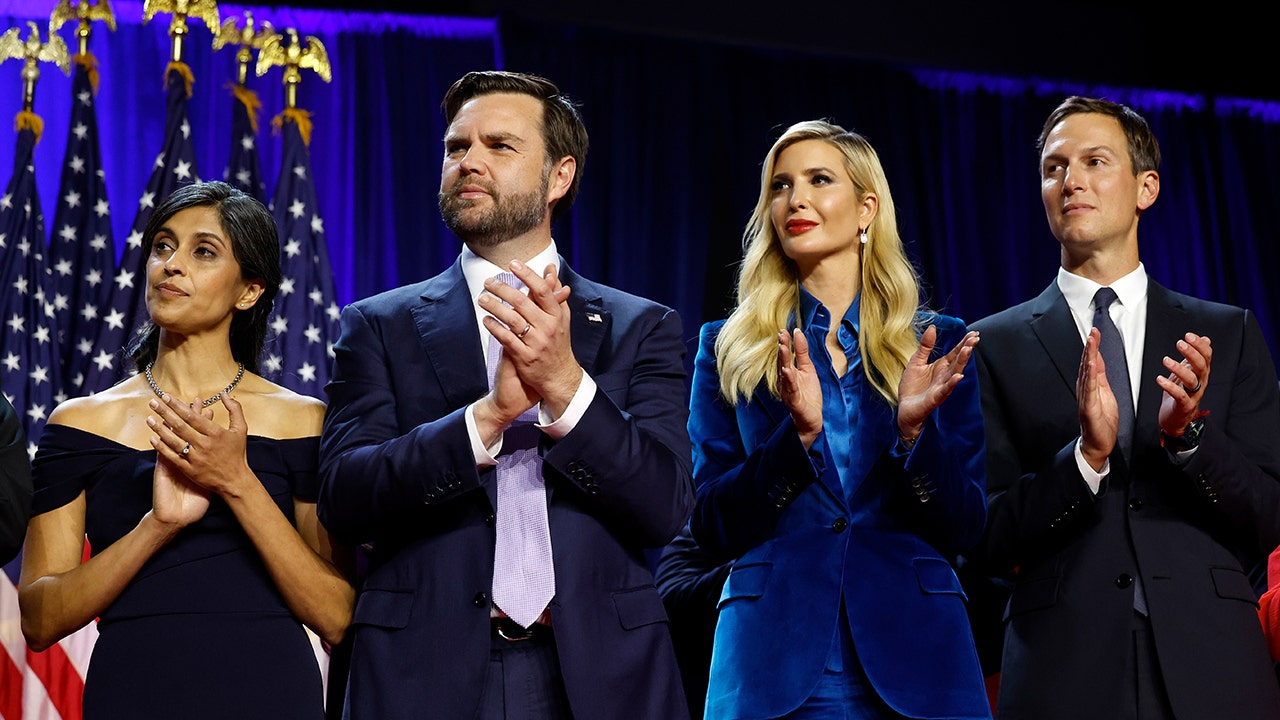


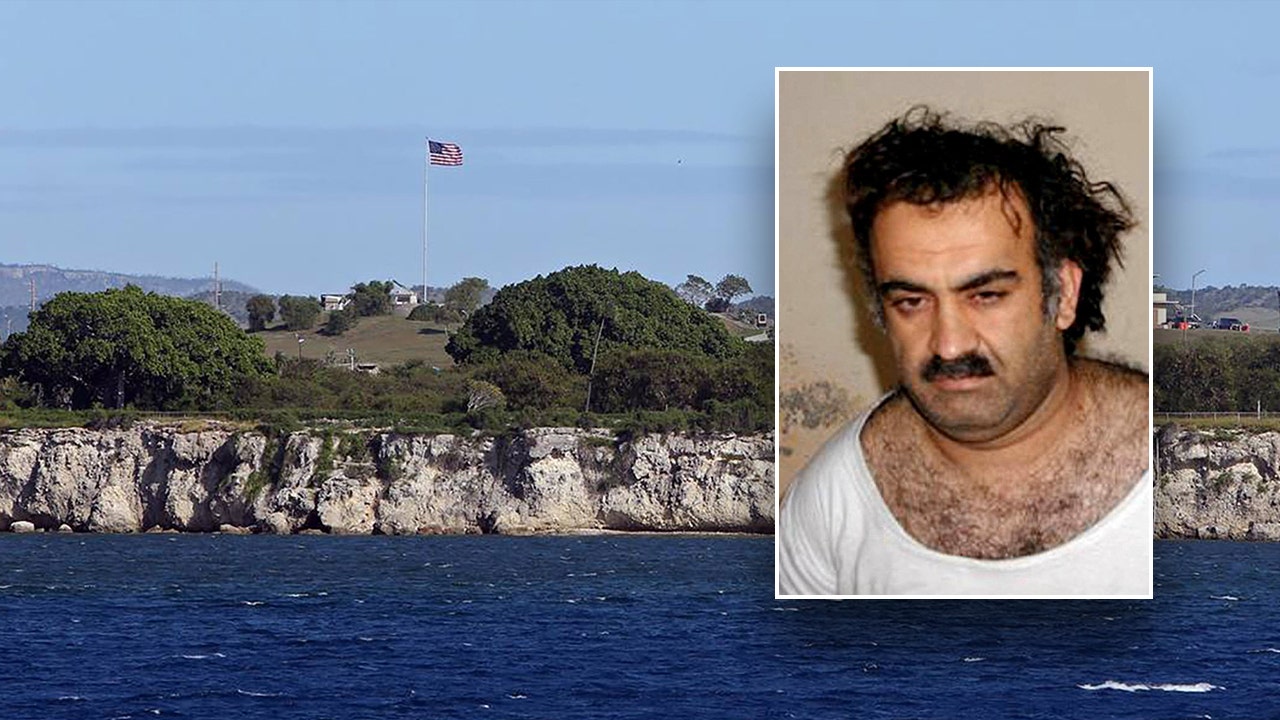
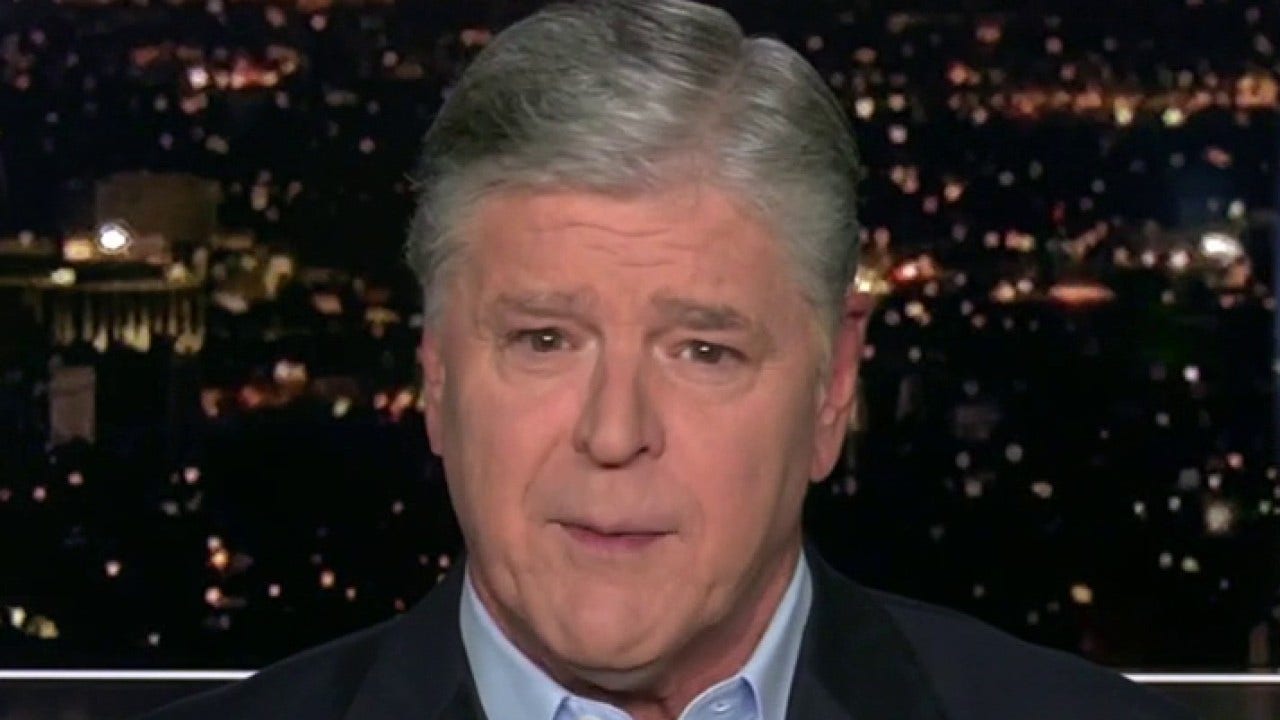
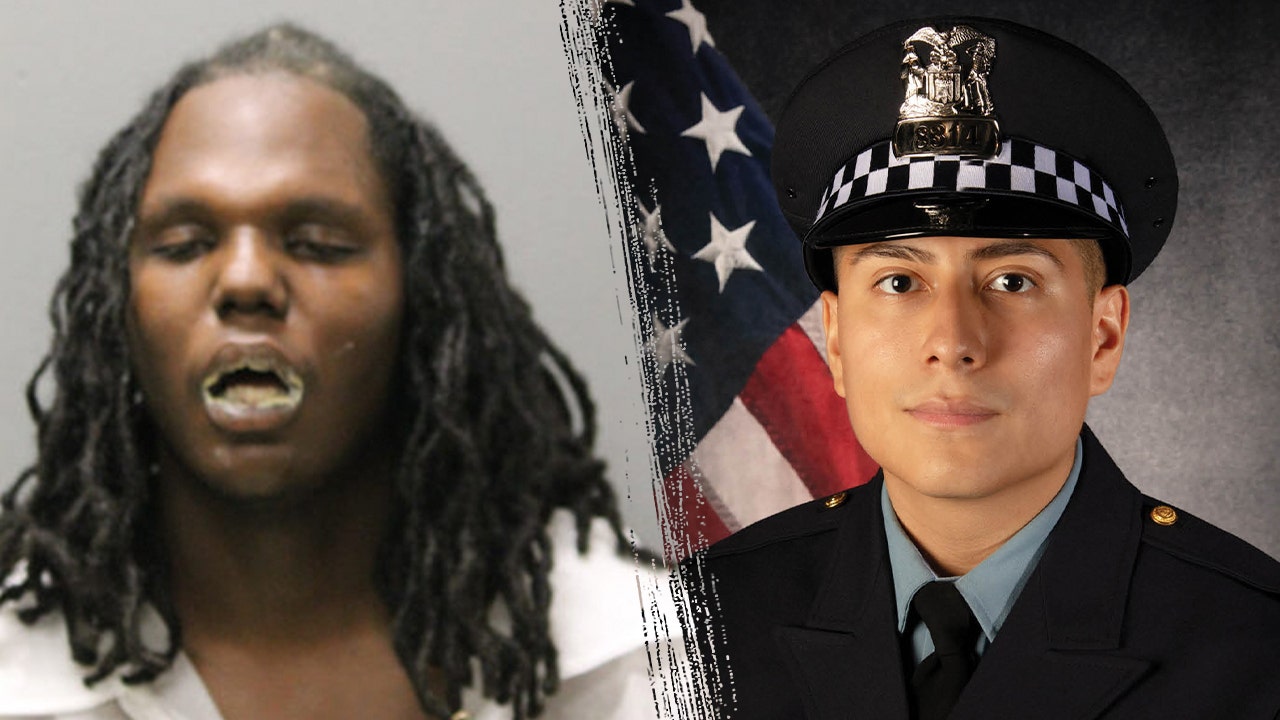


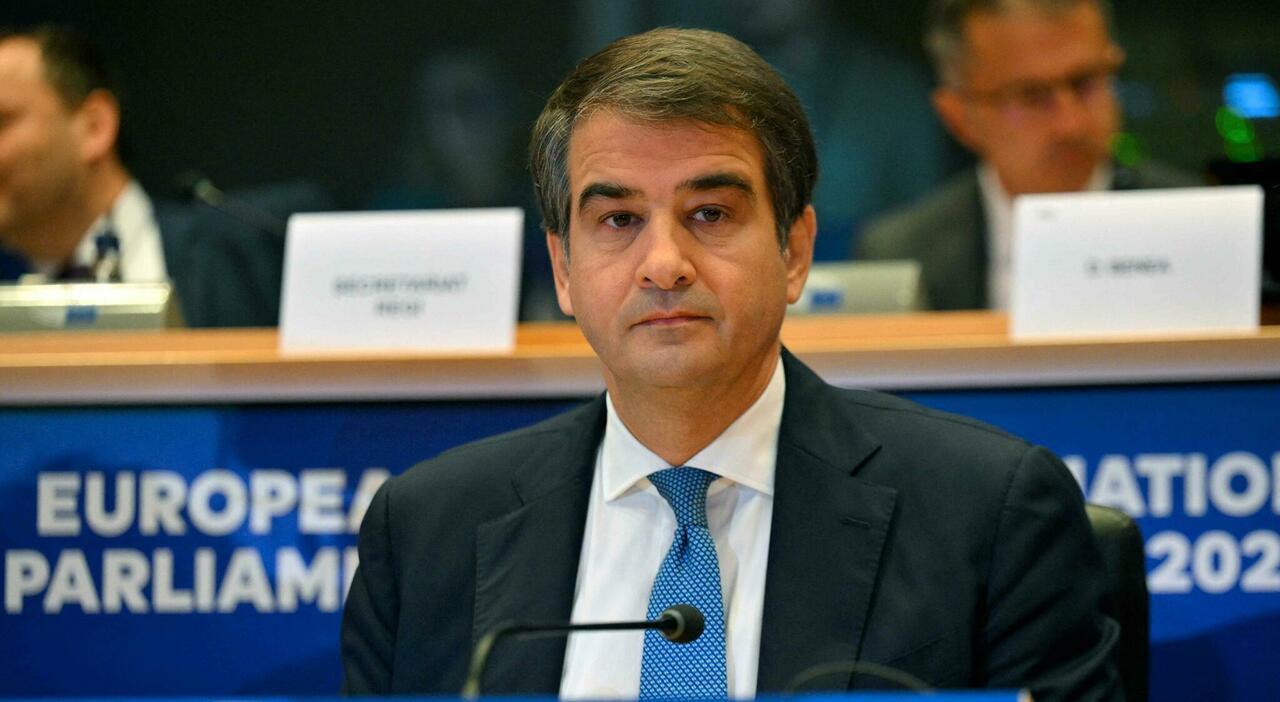




 English (US) ·
English (US) ·